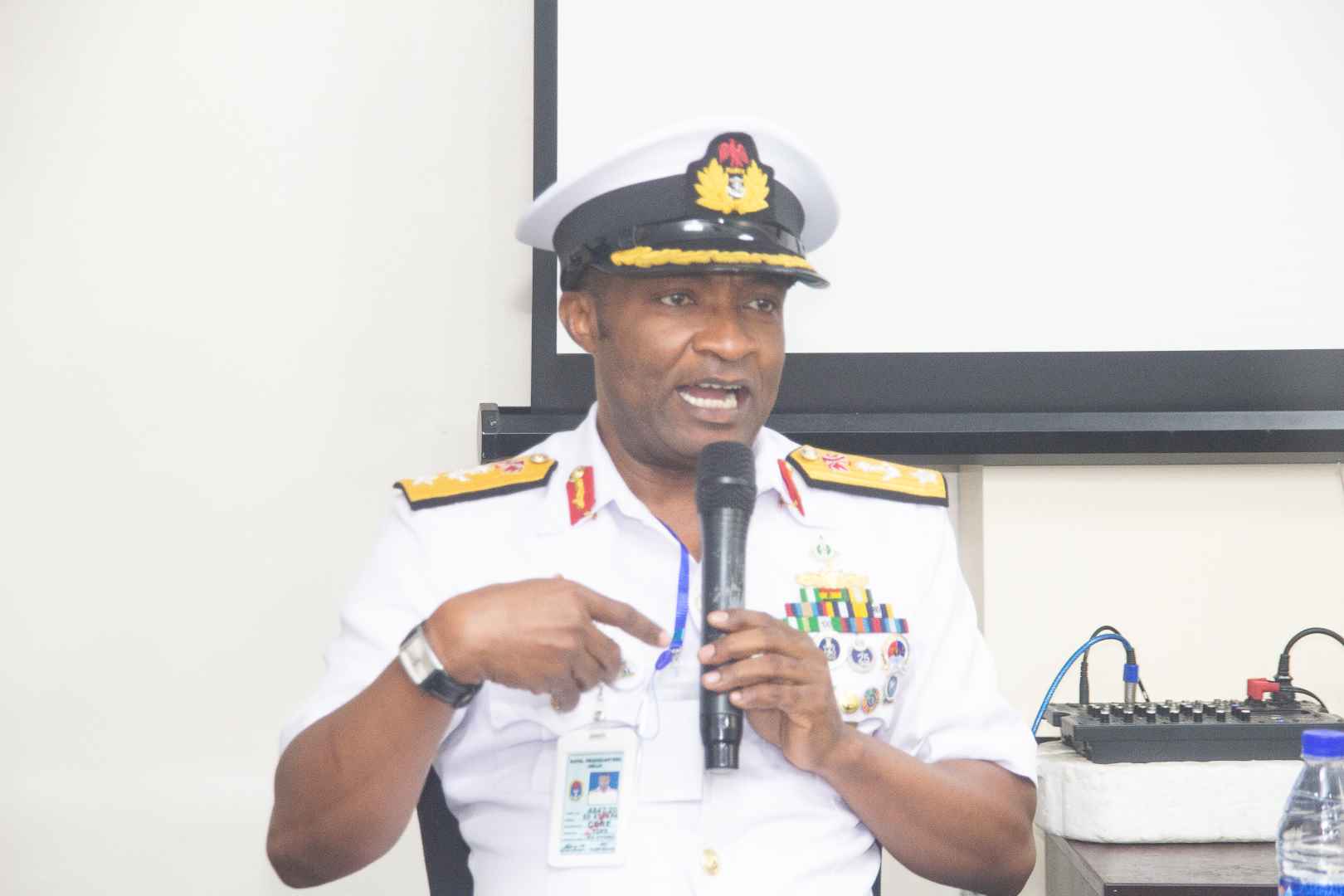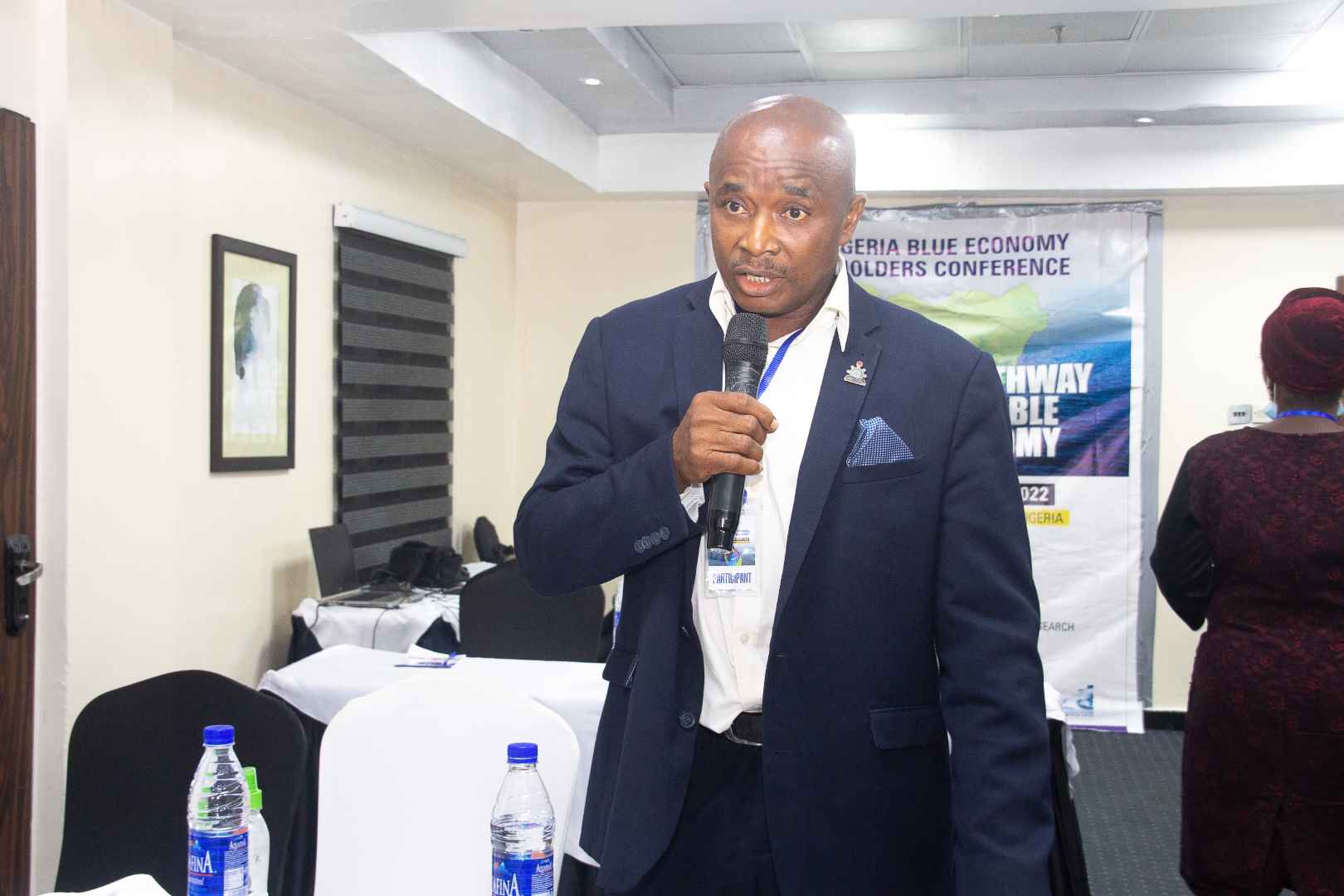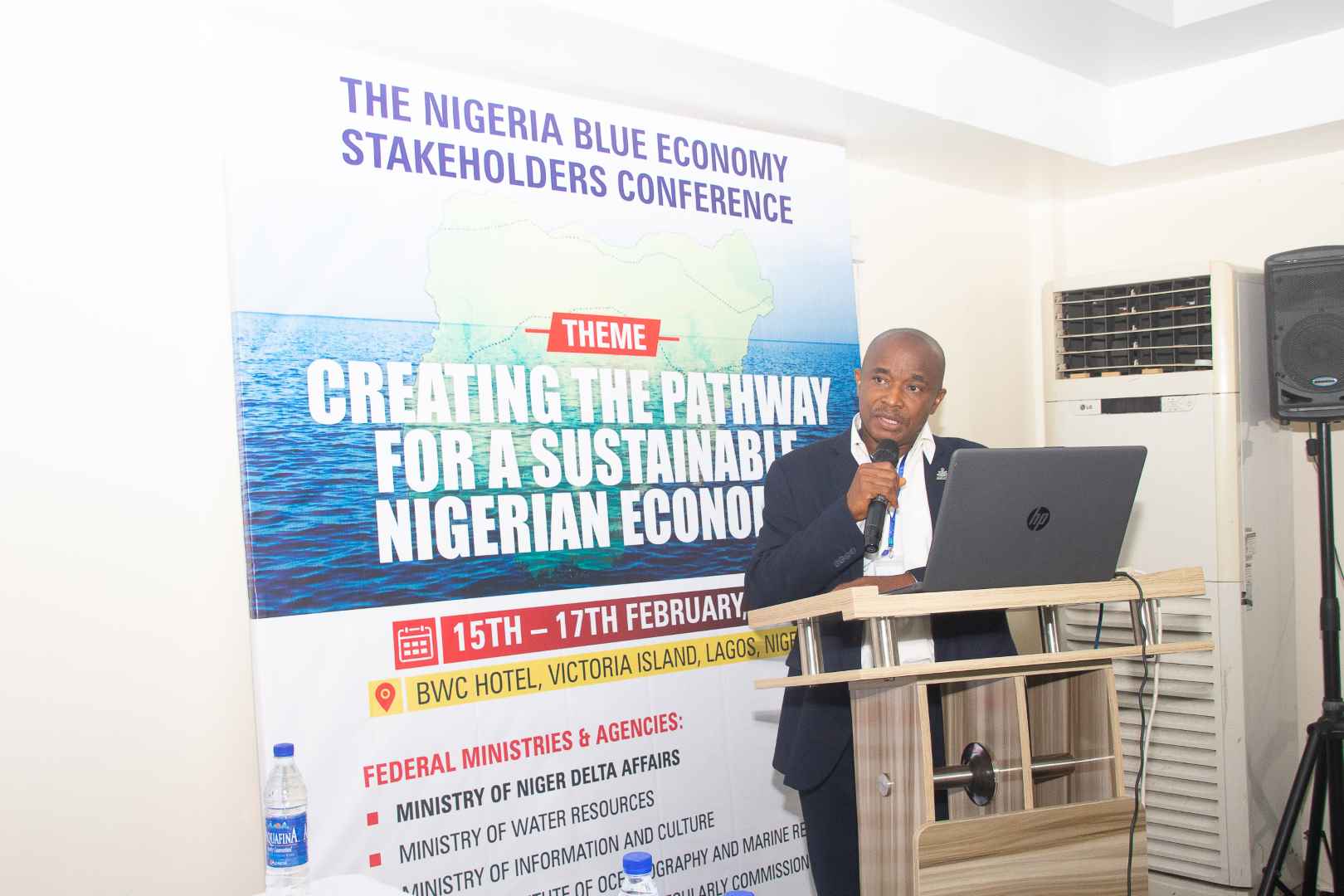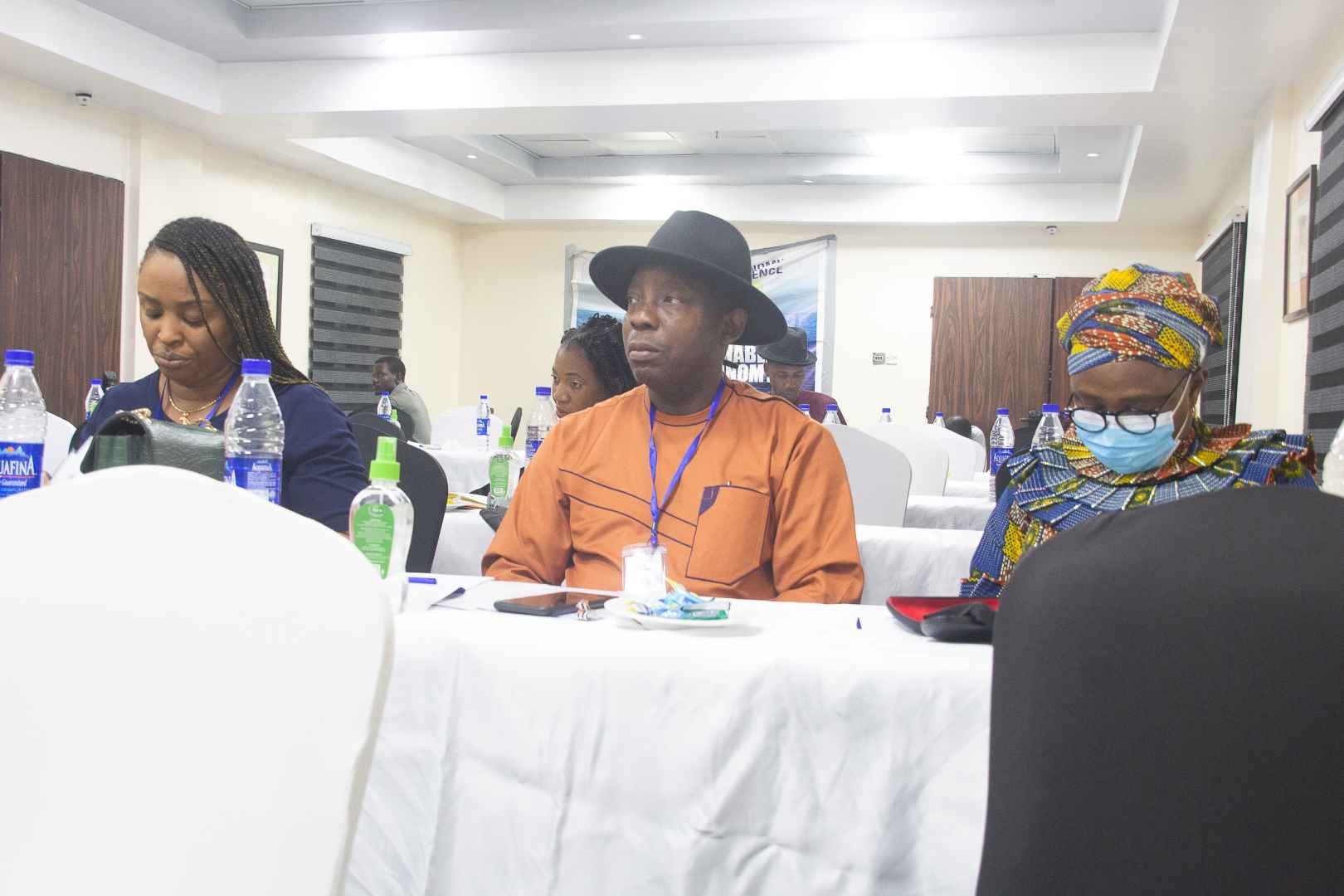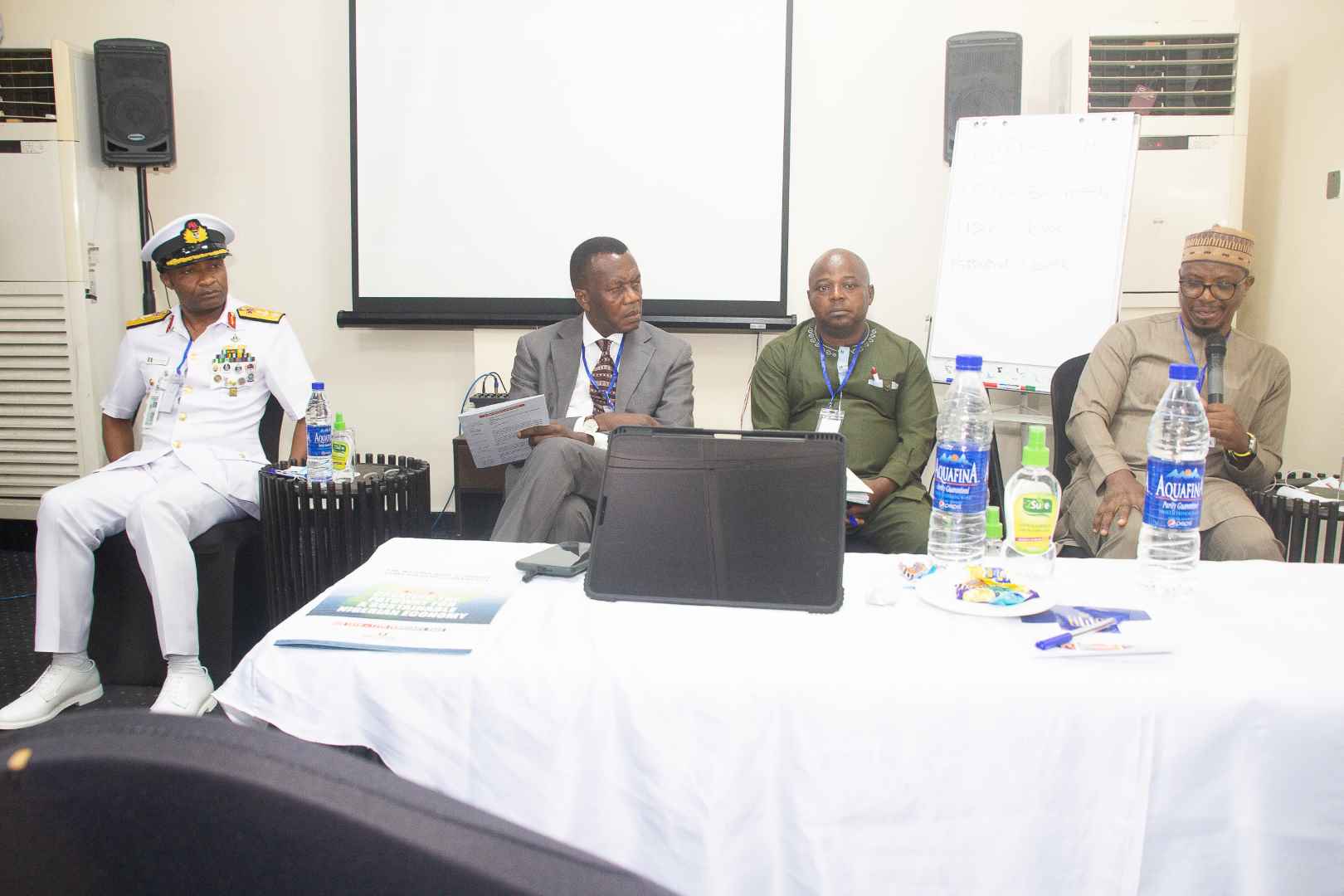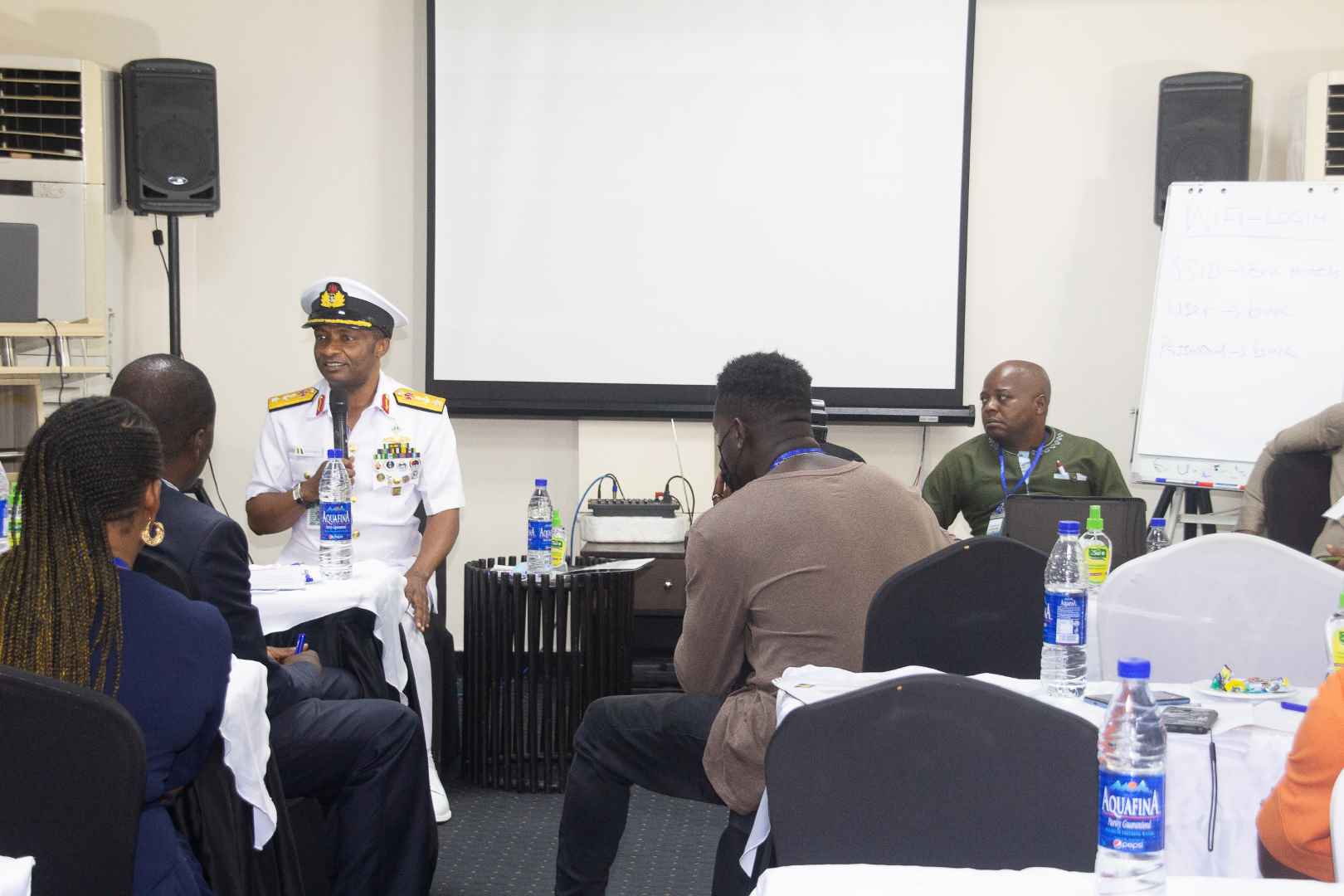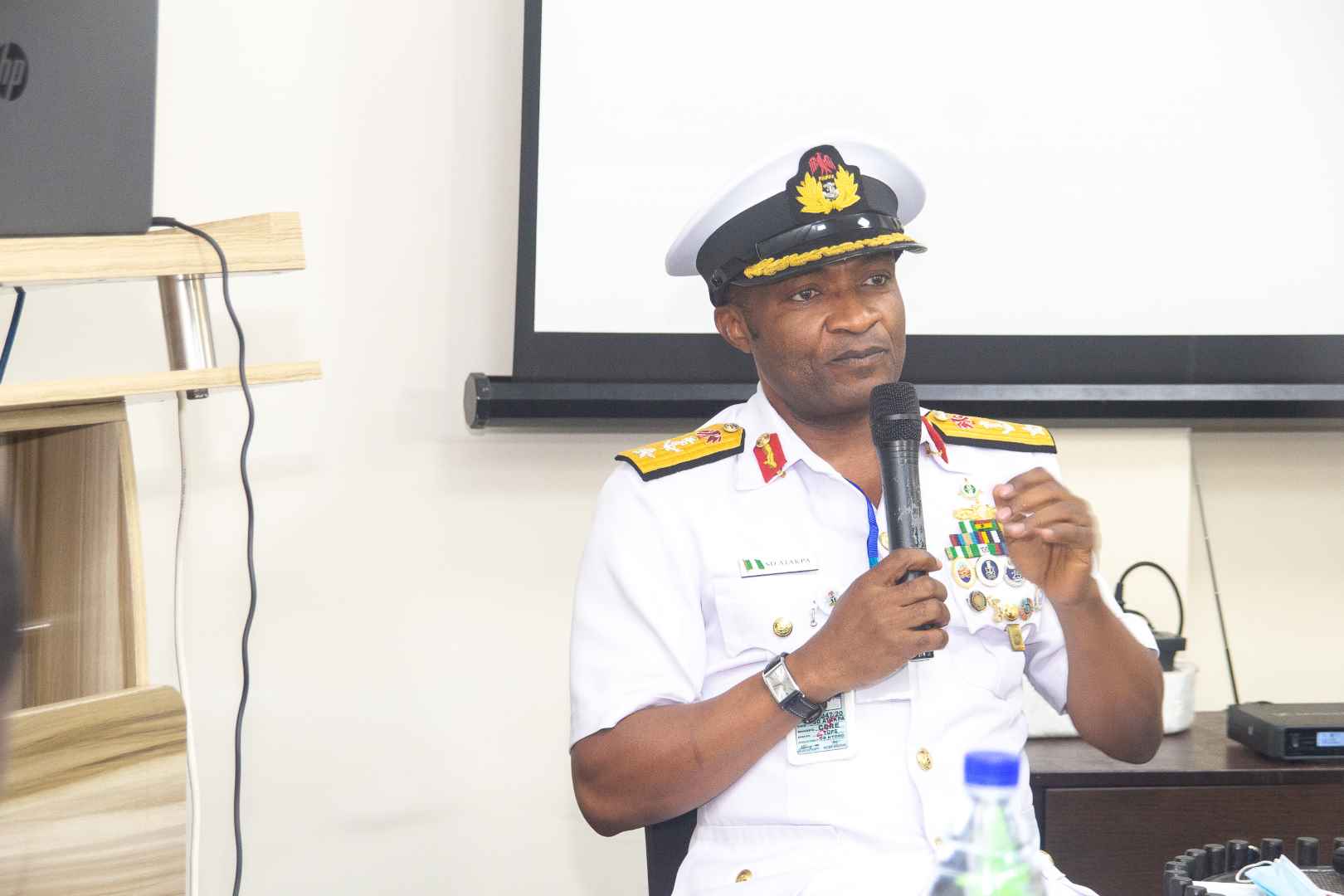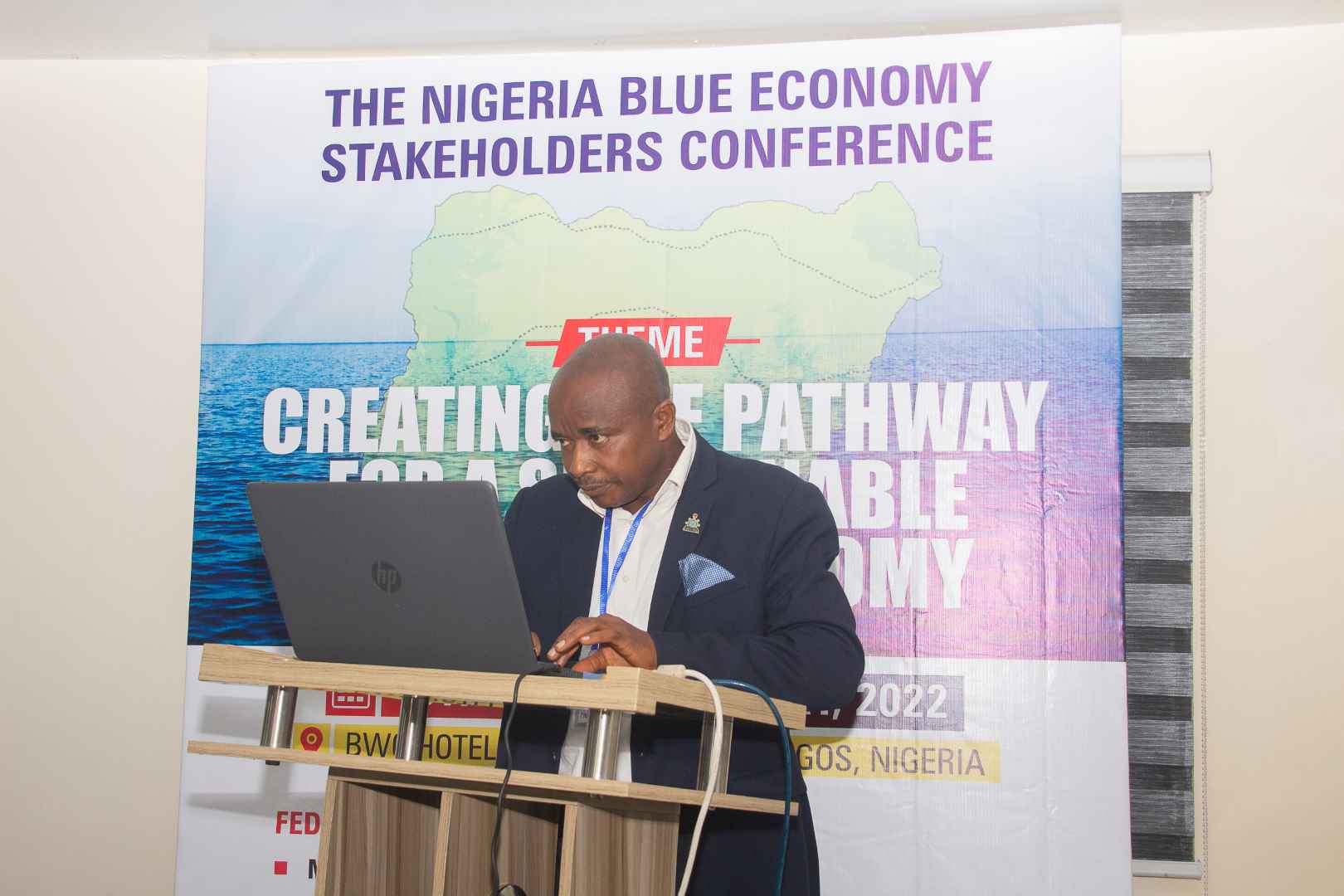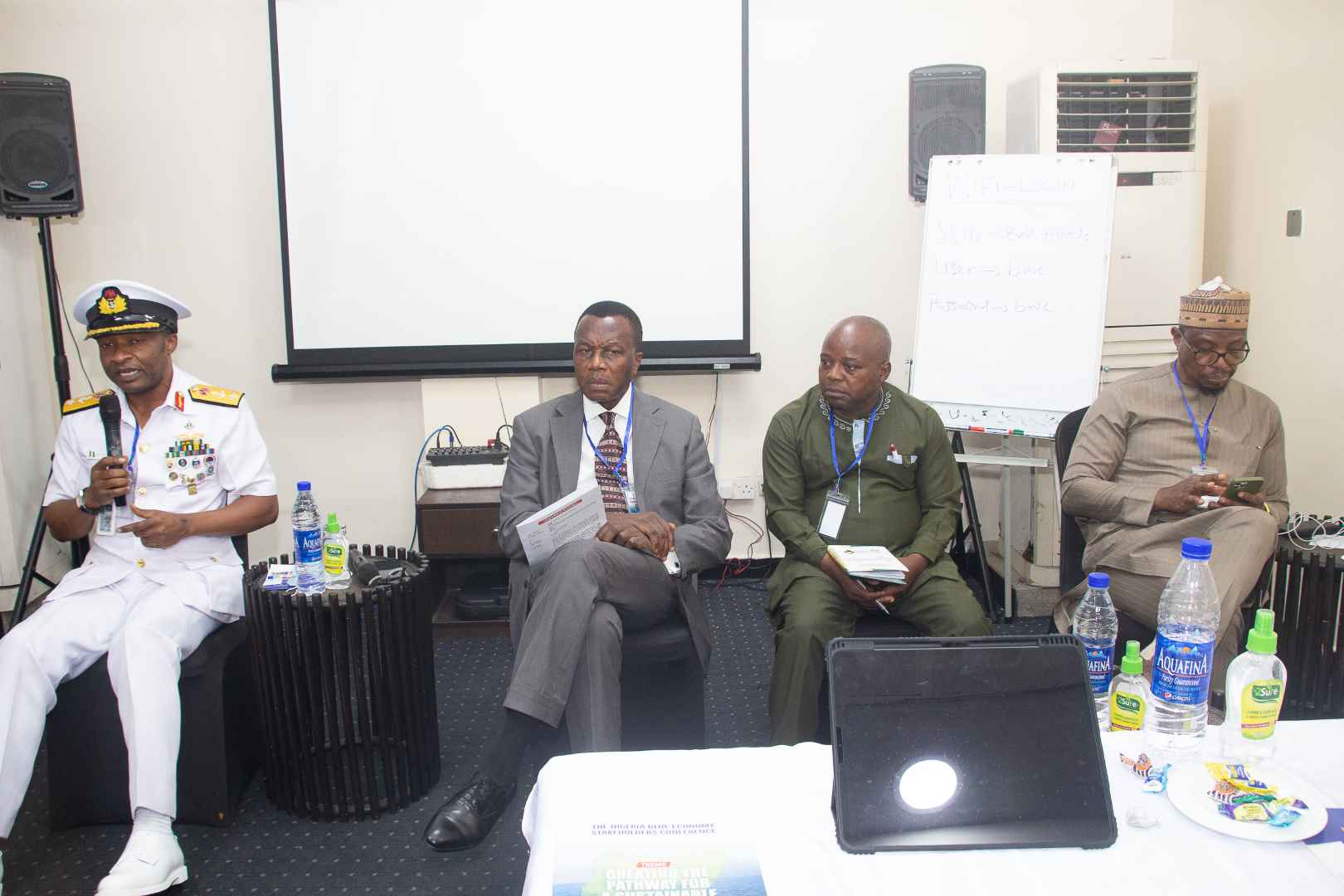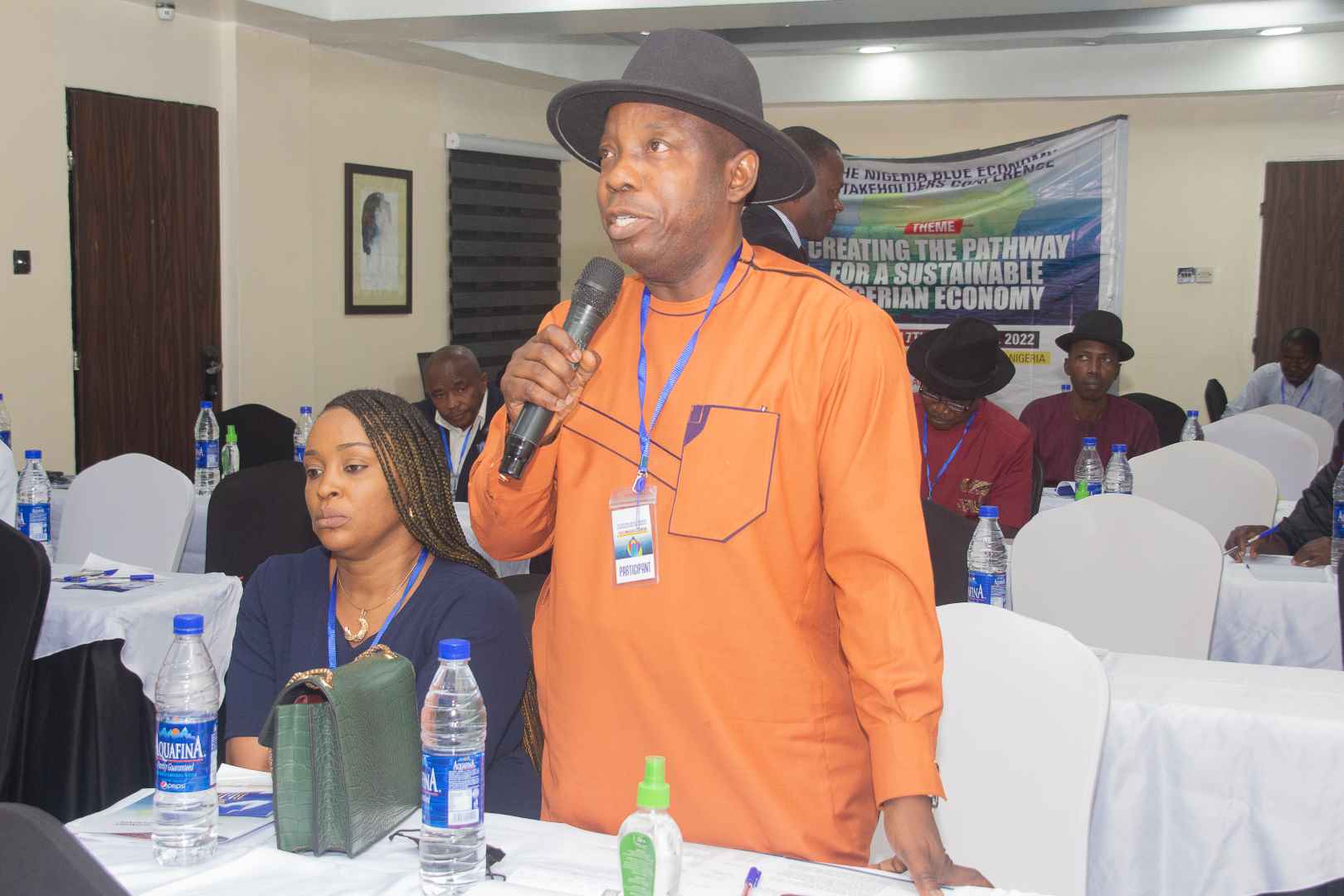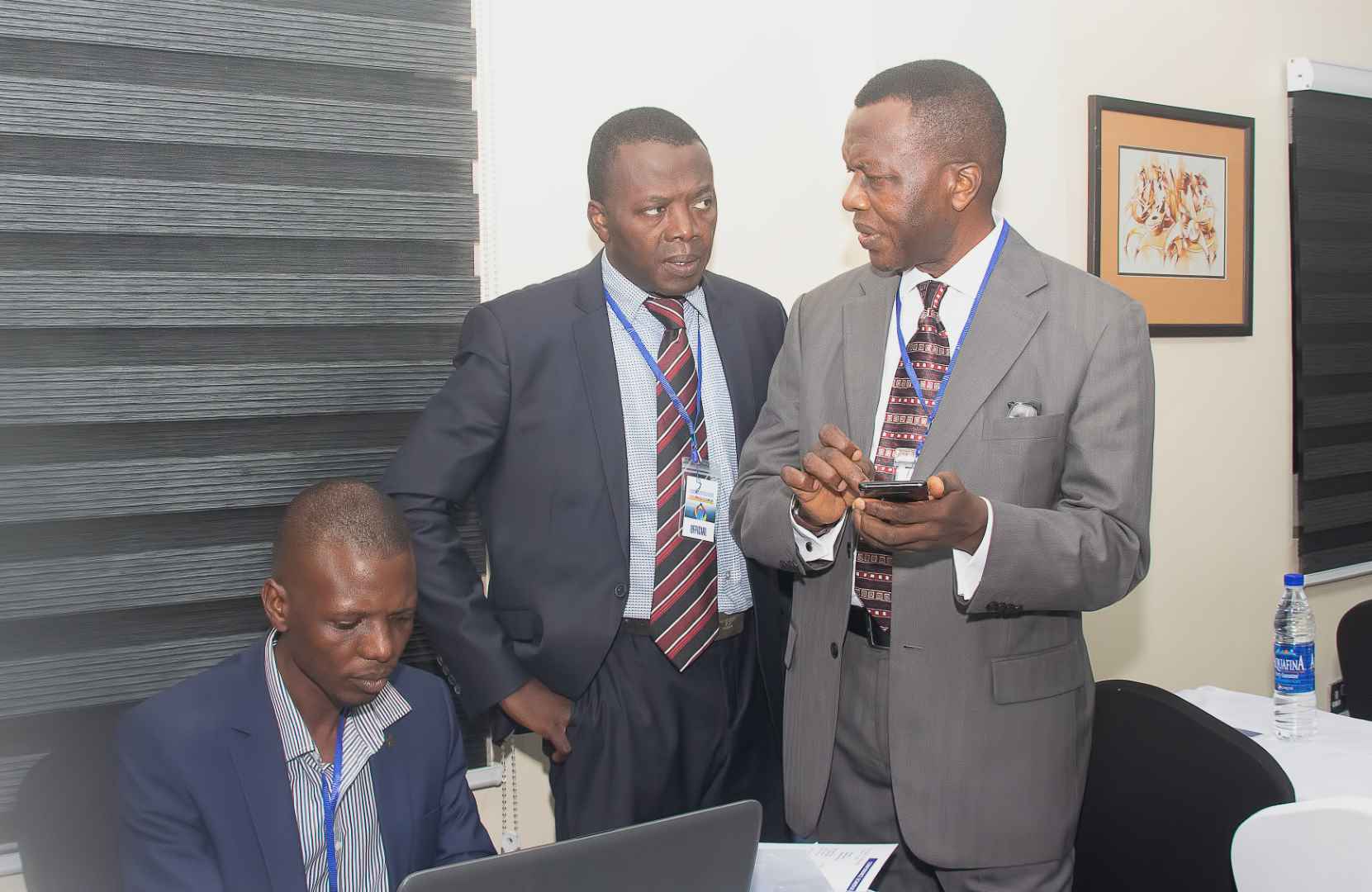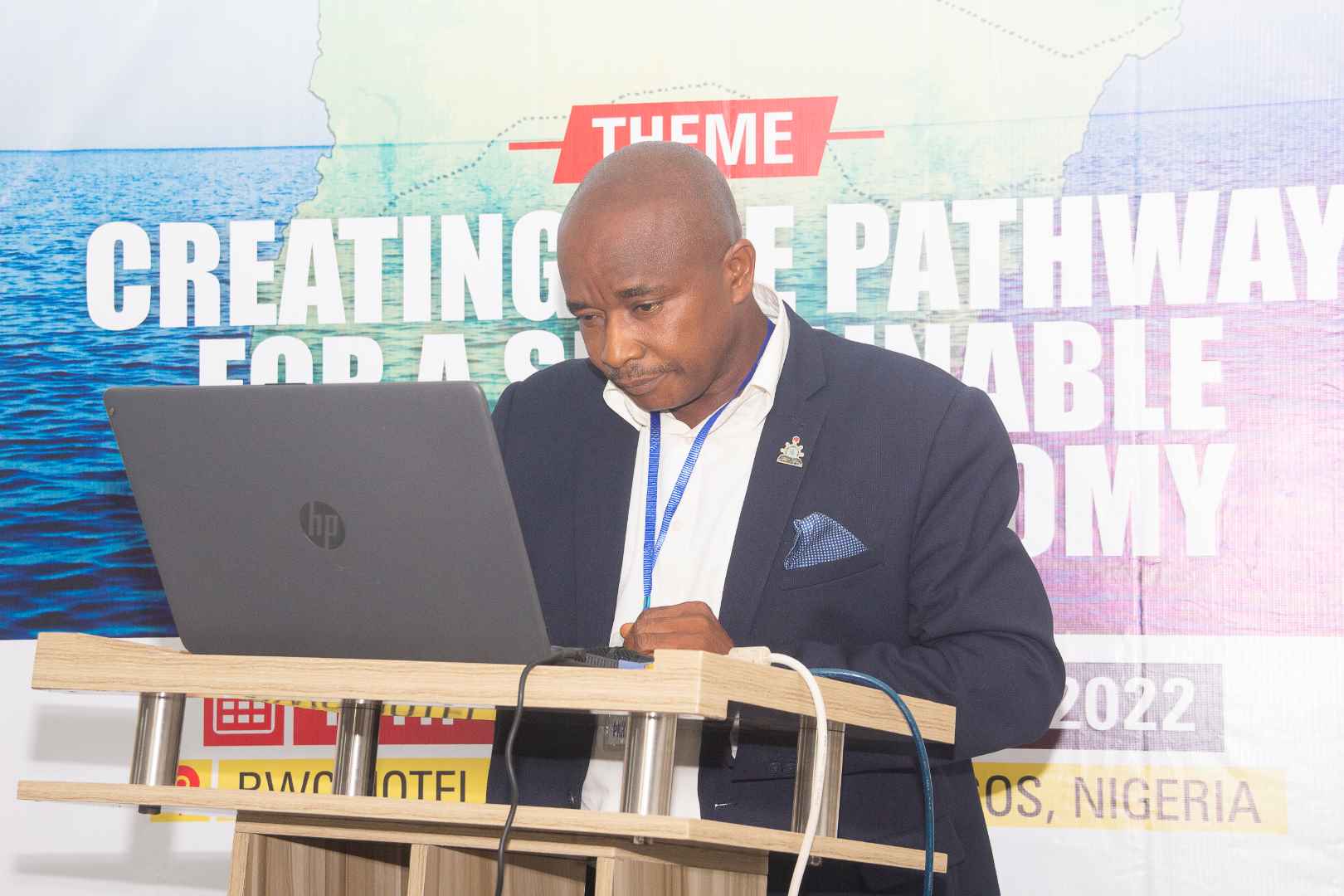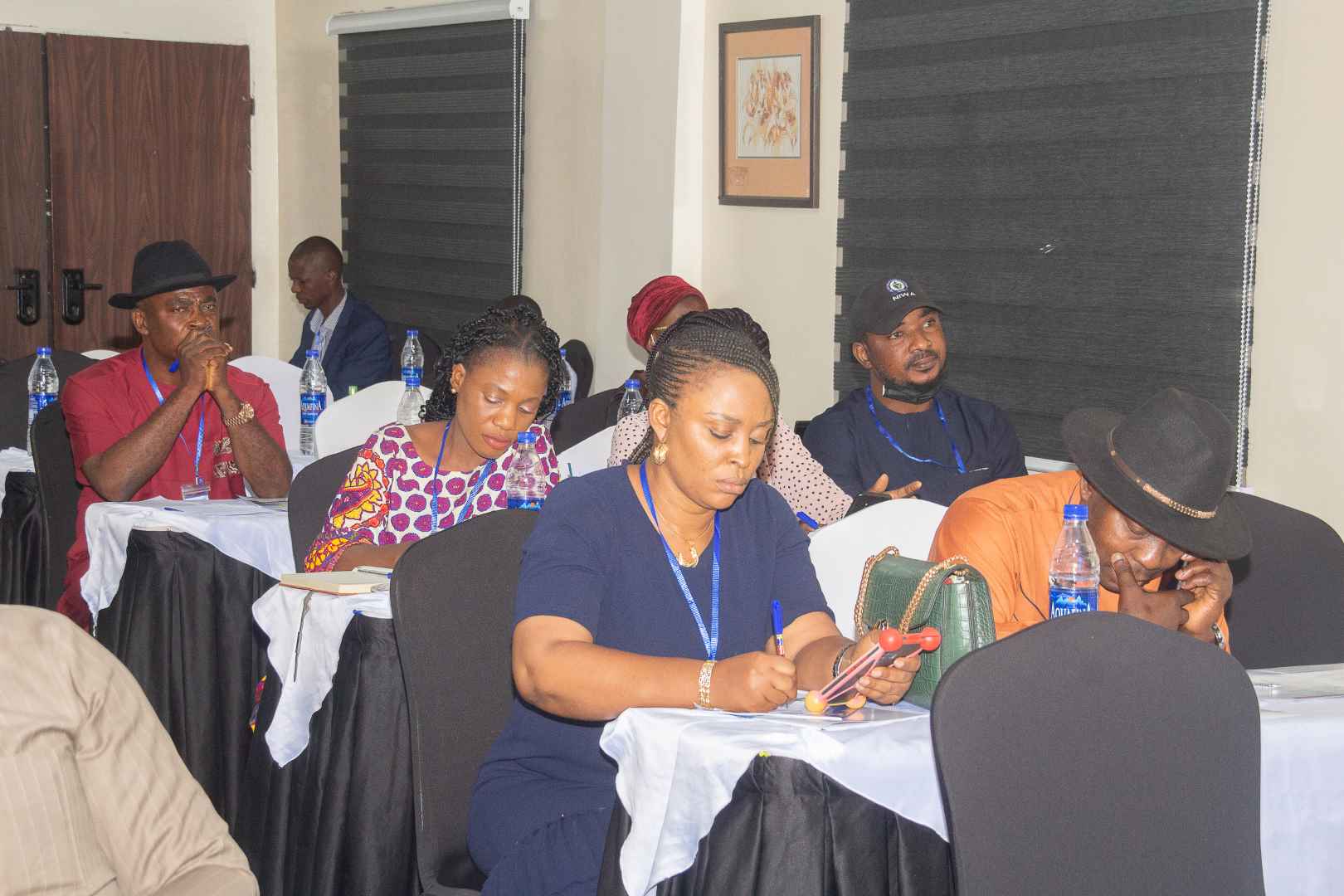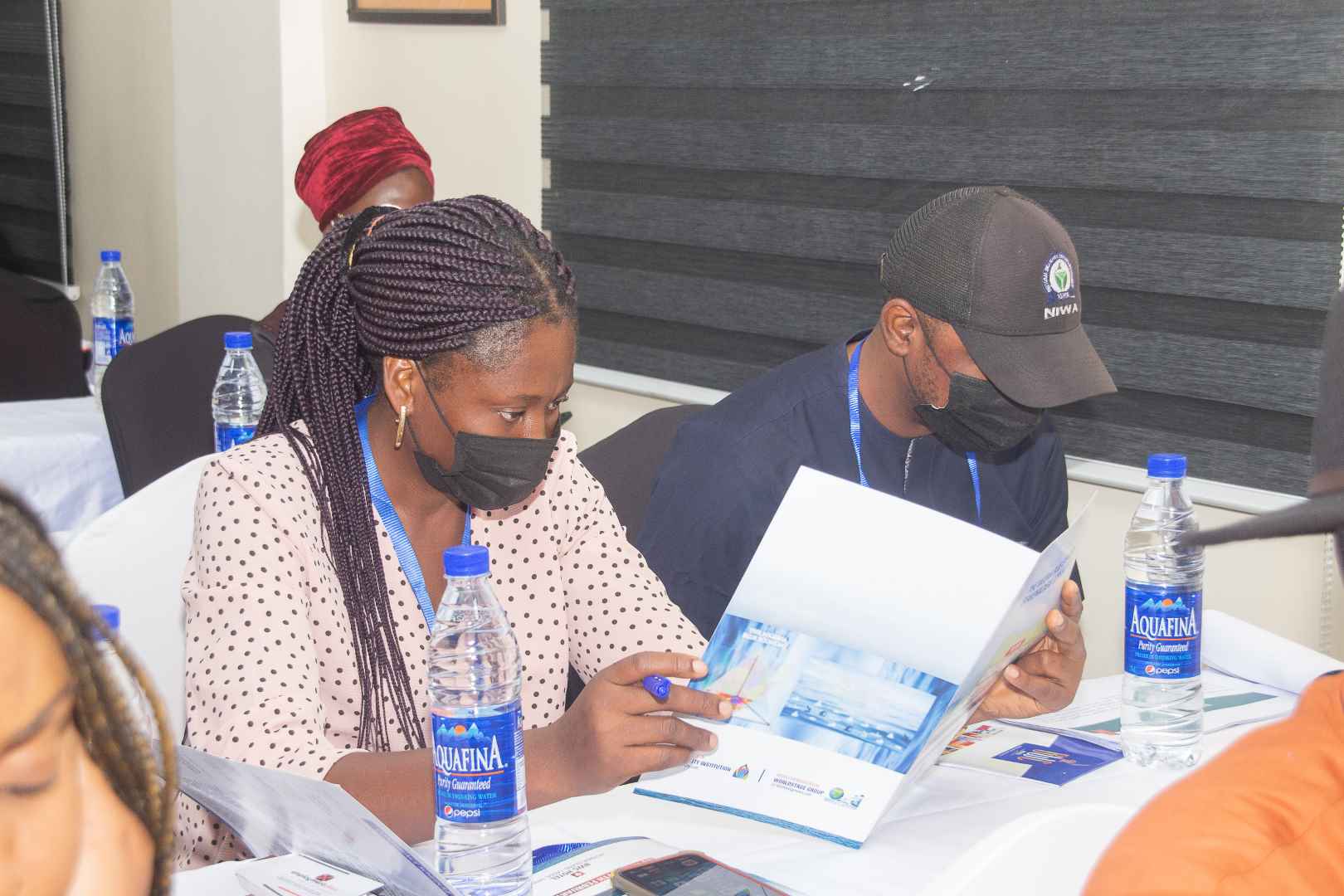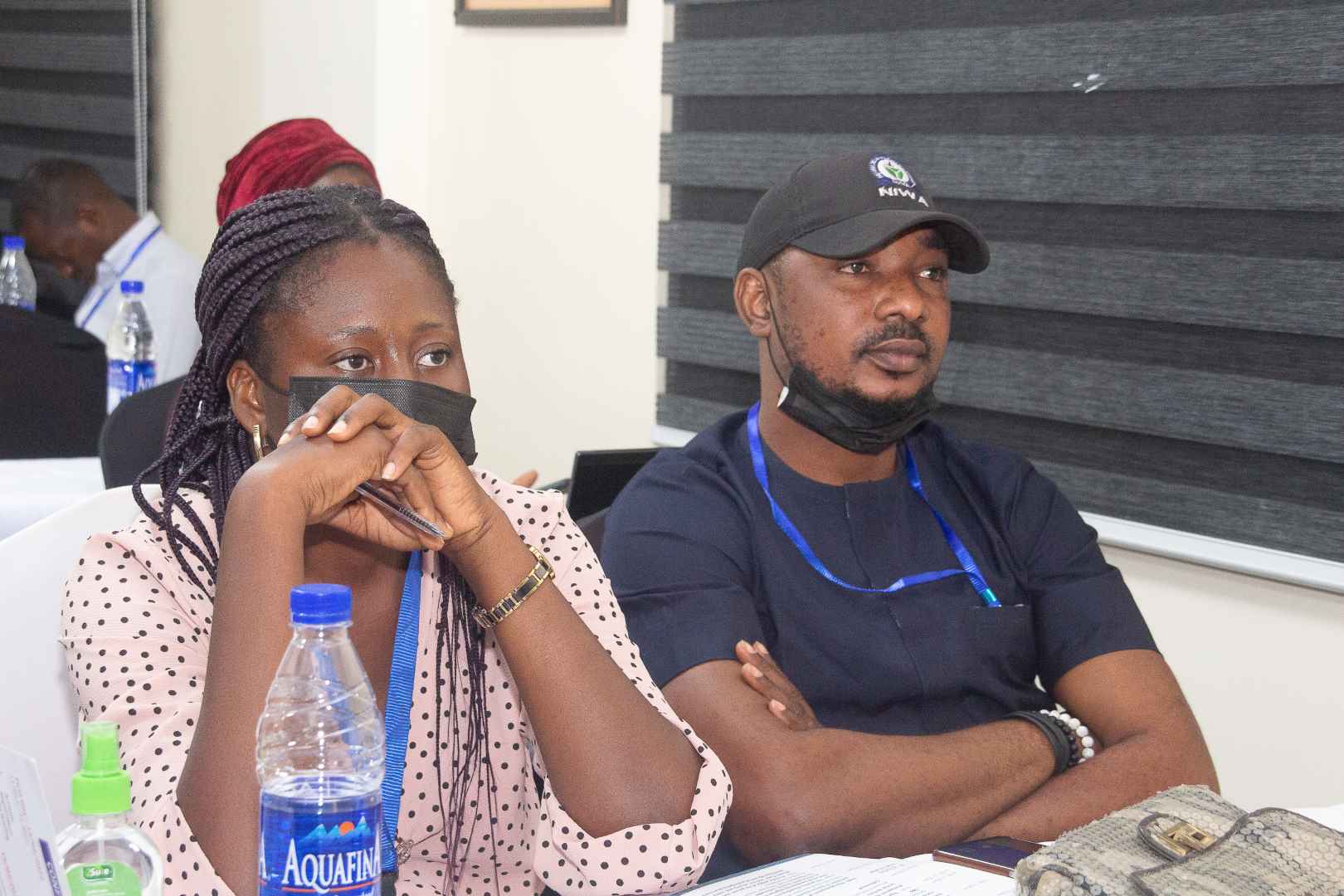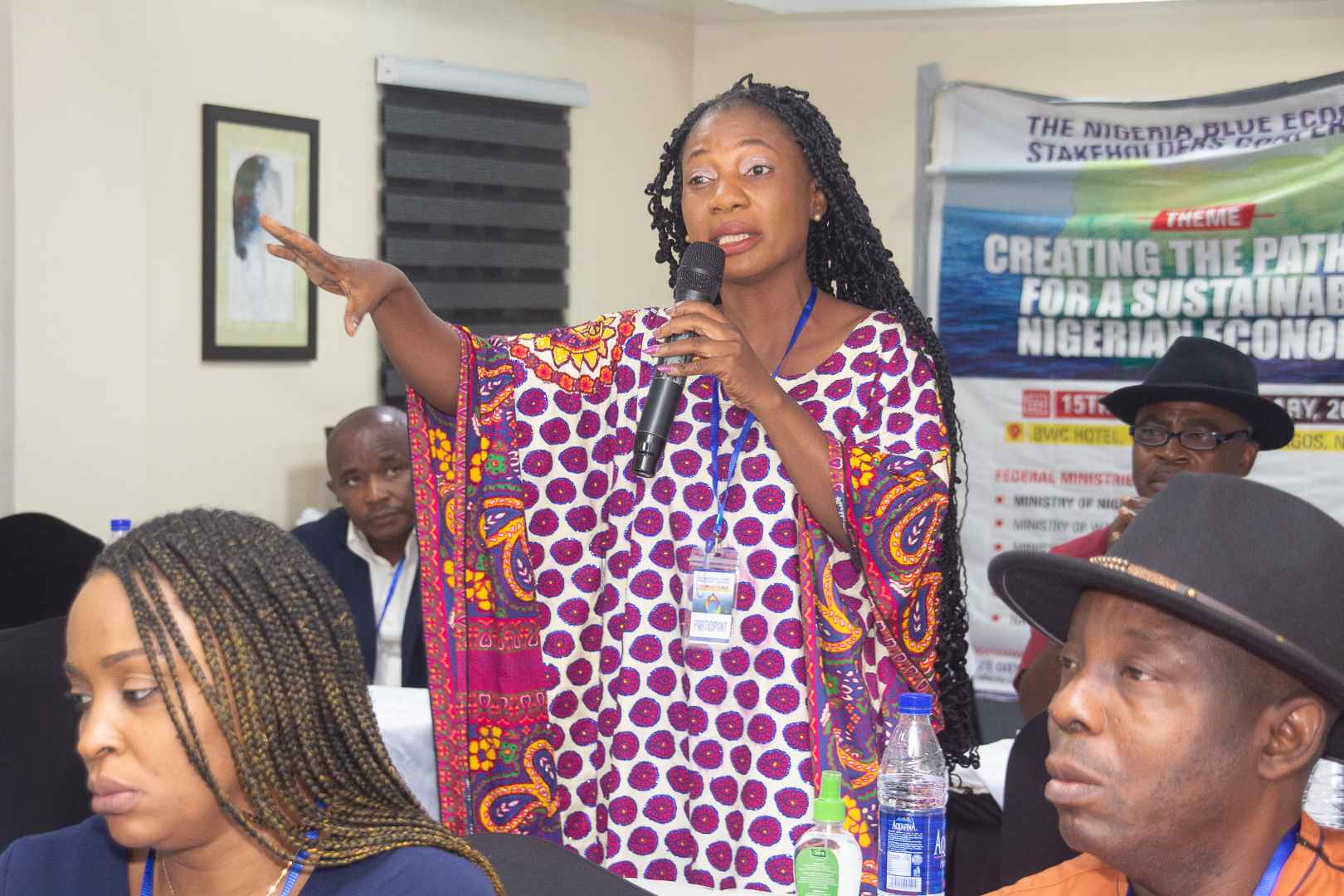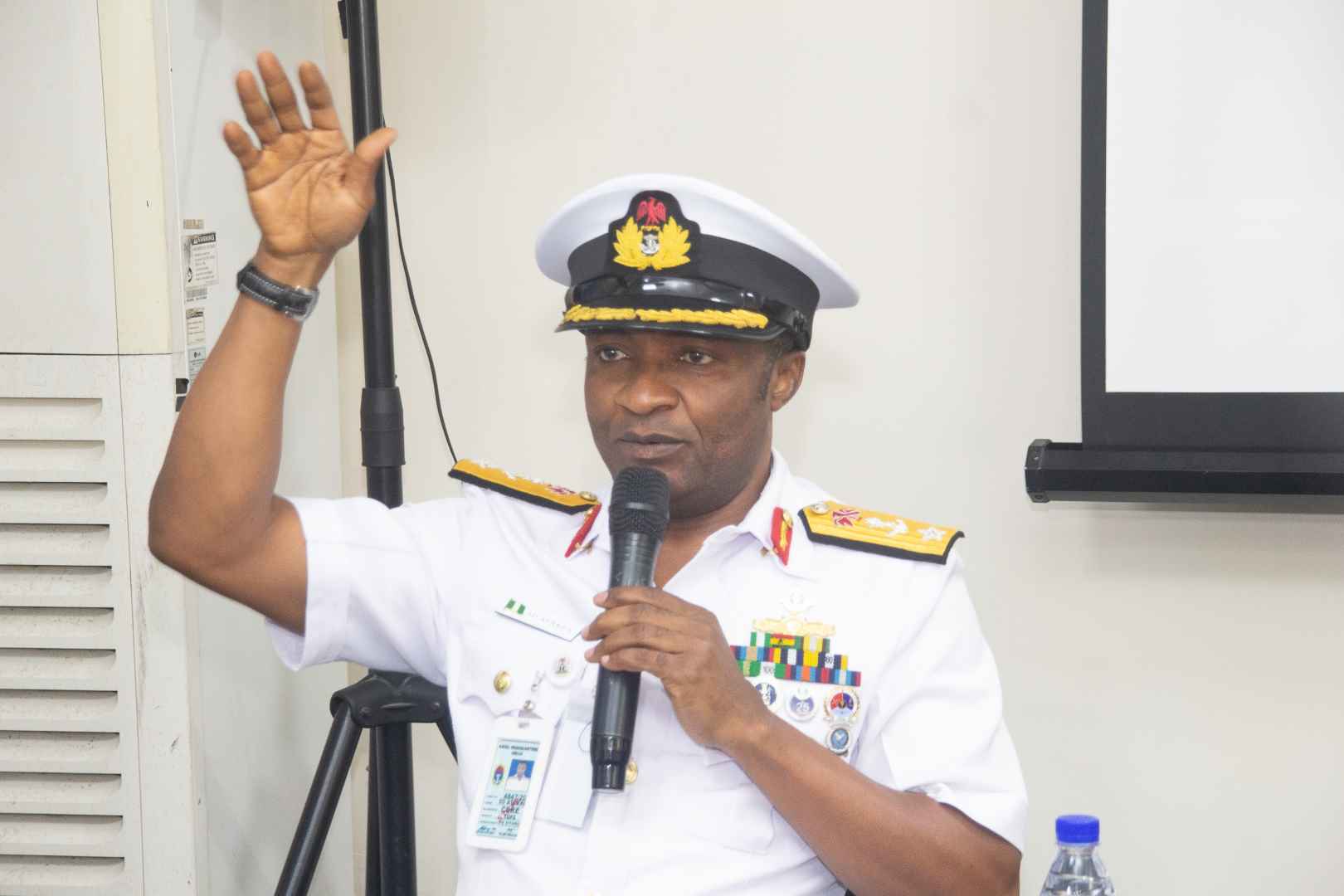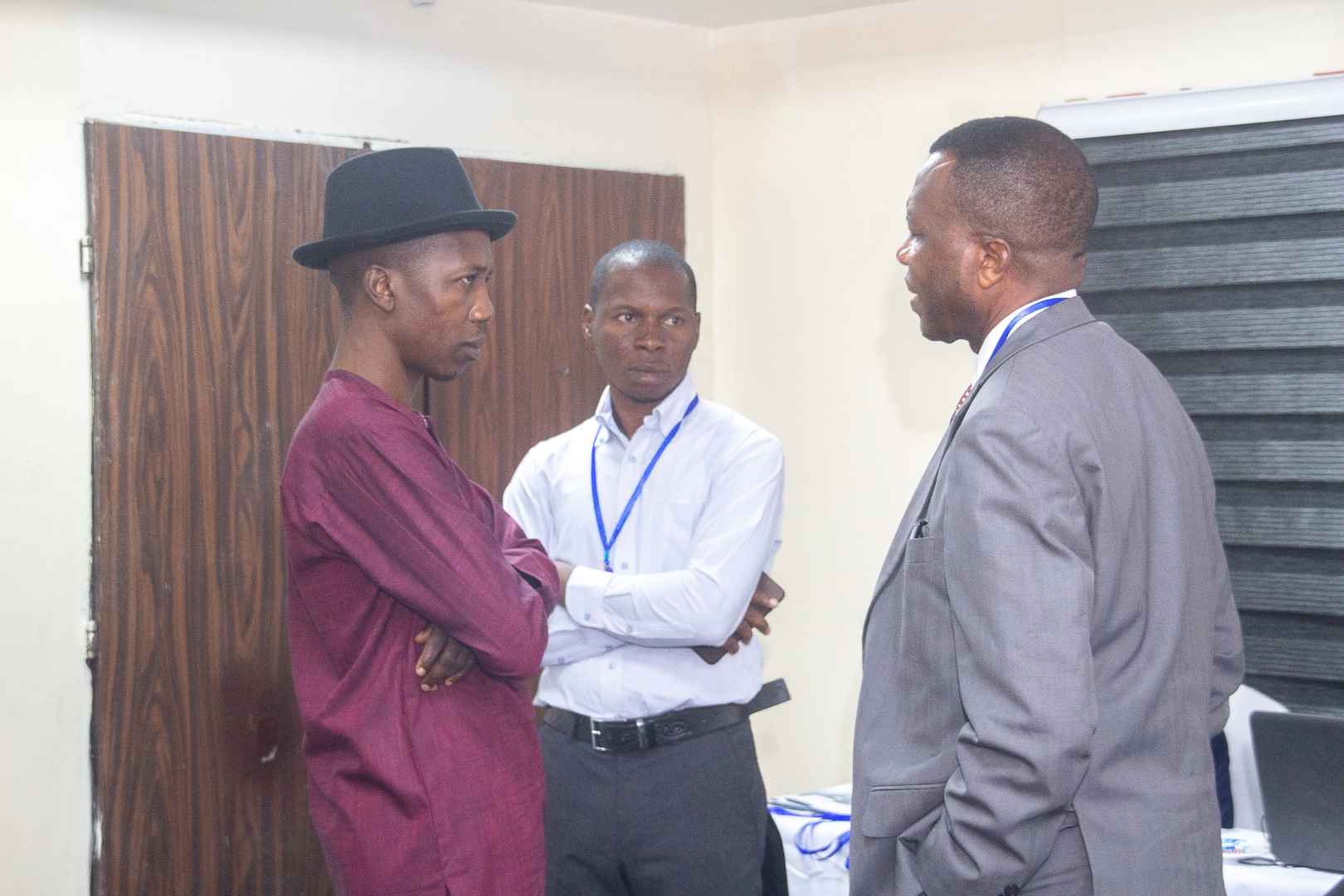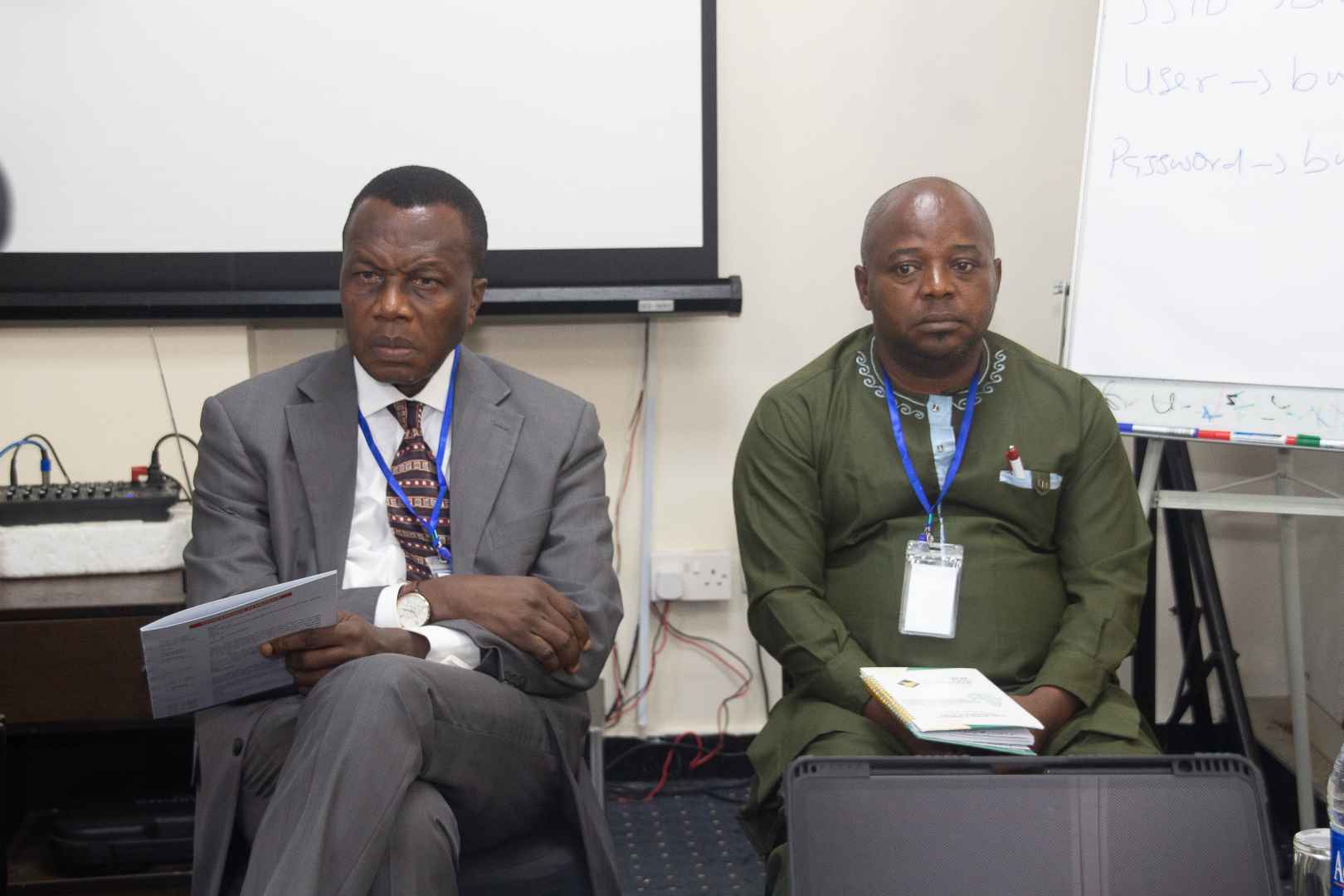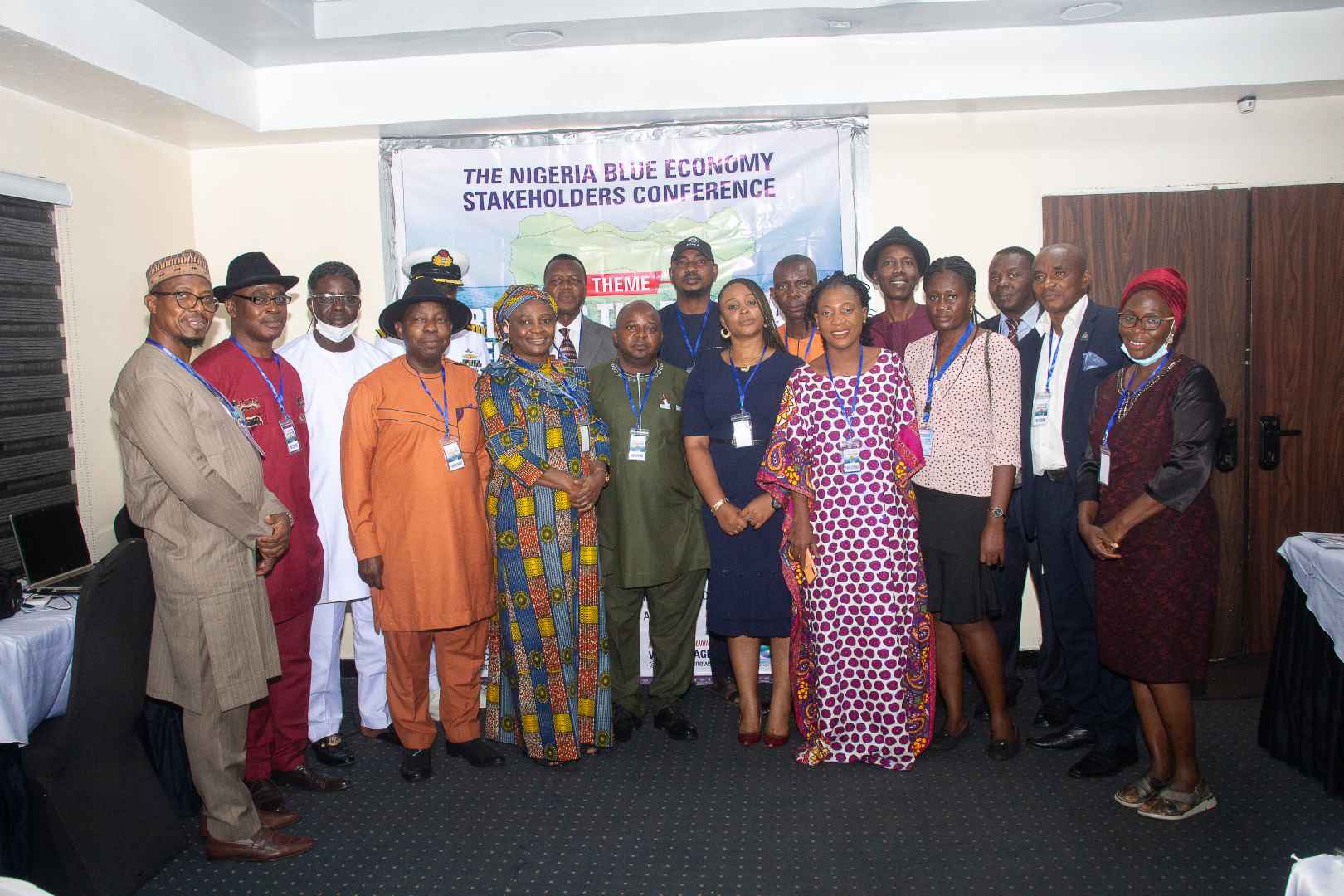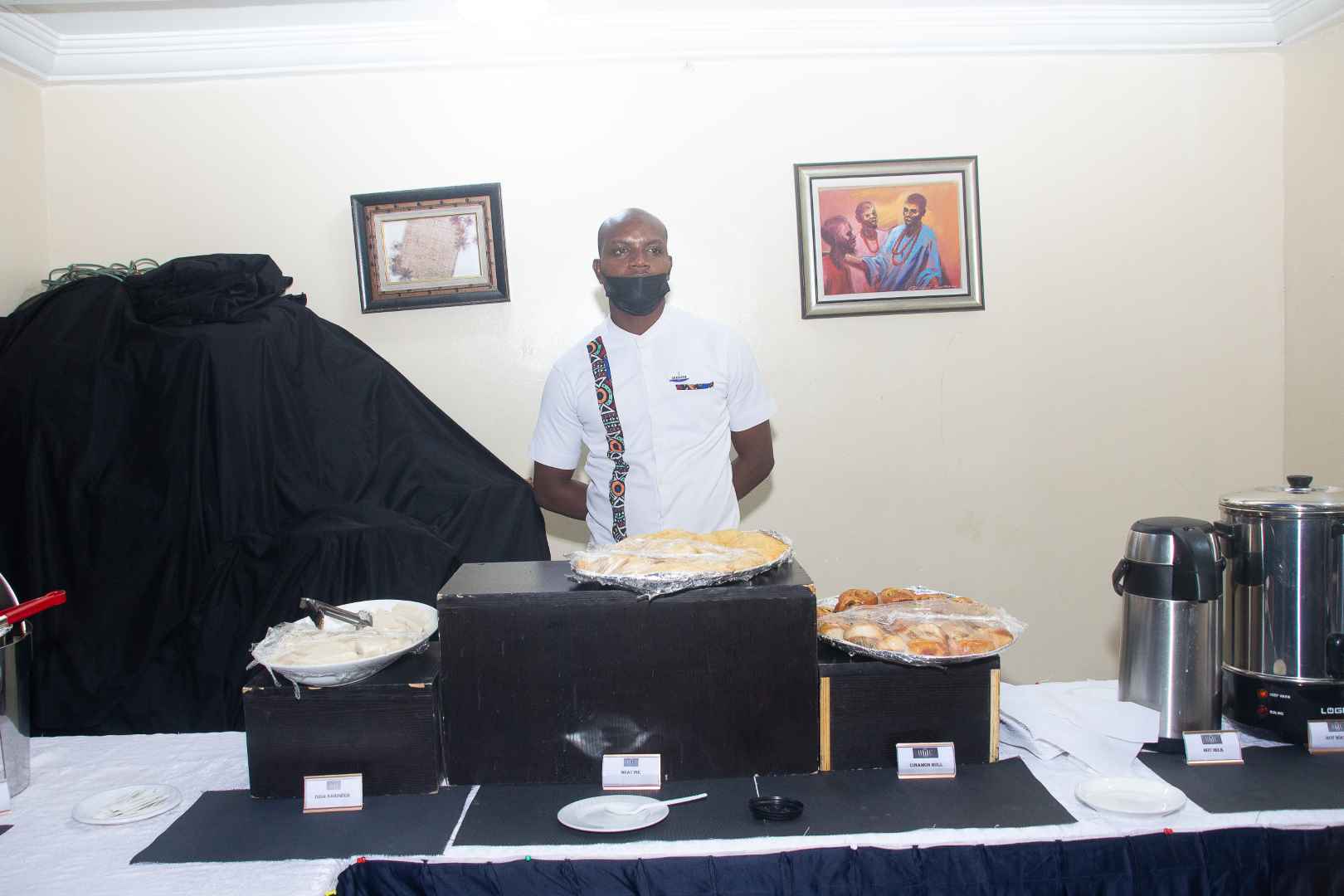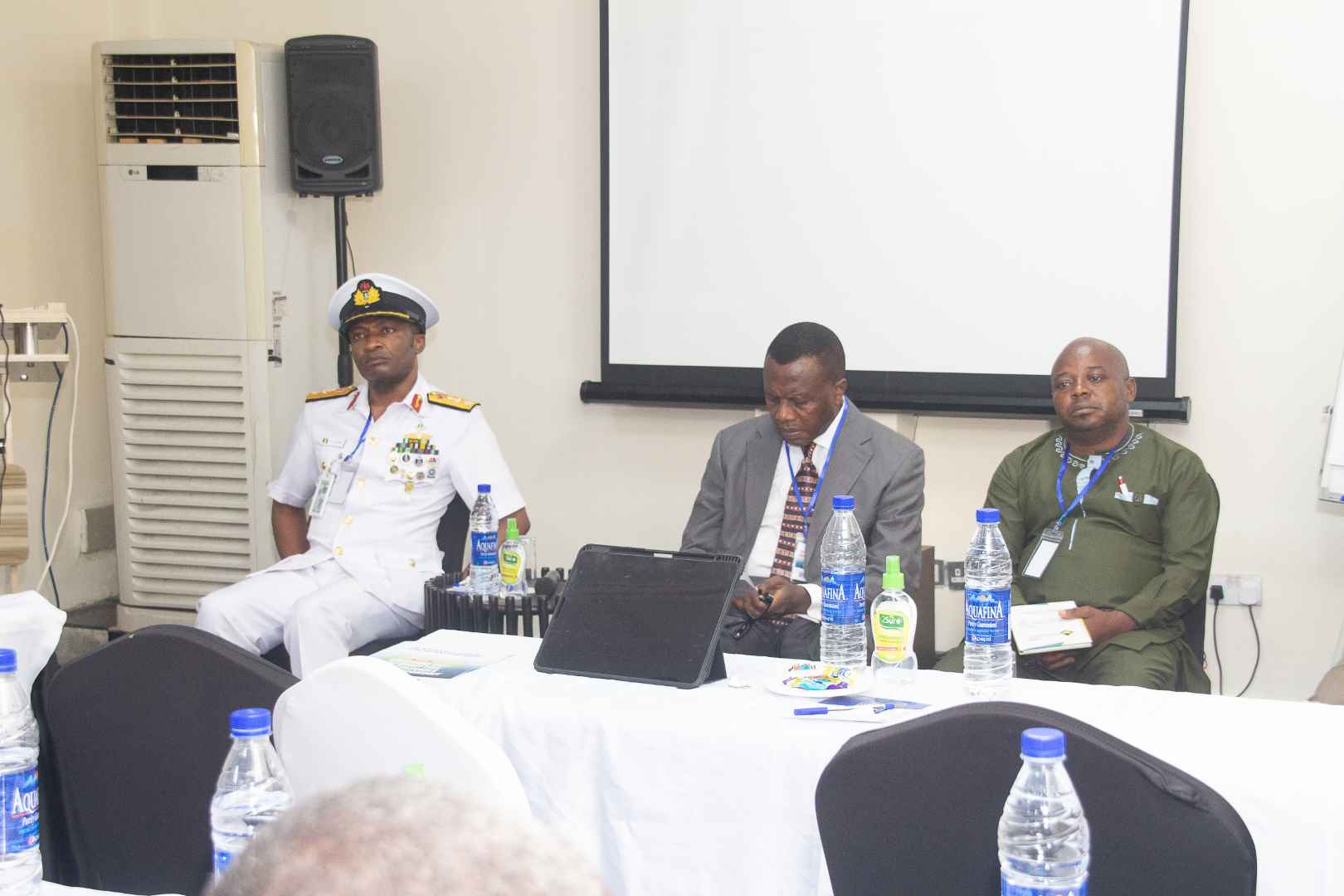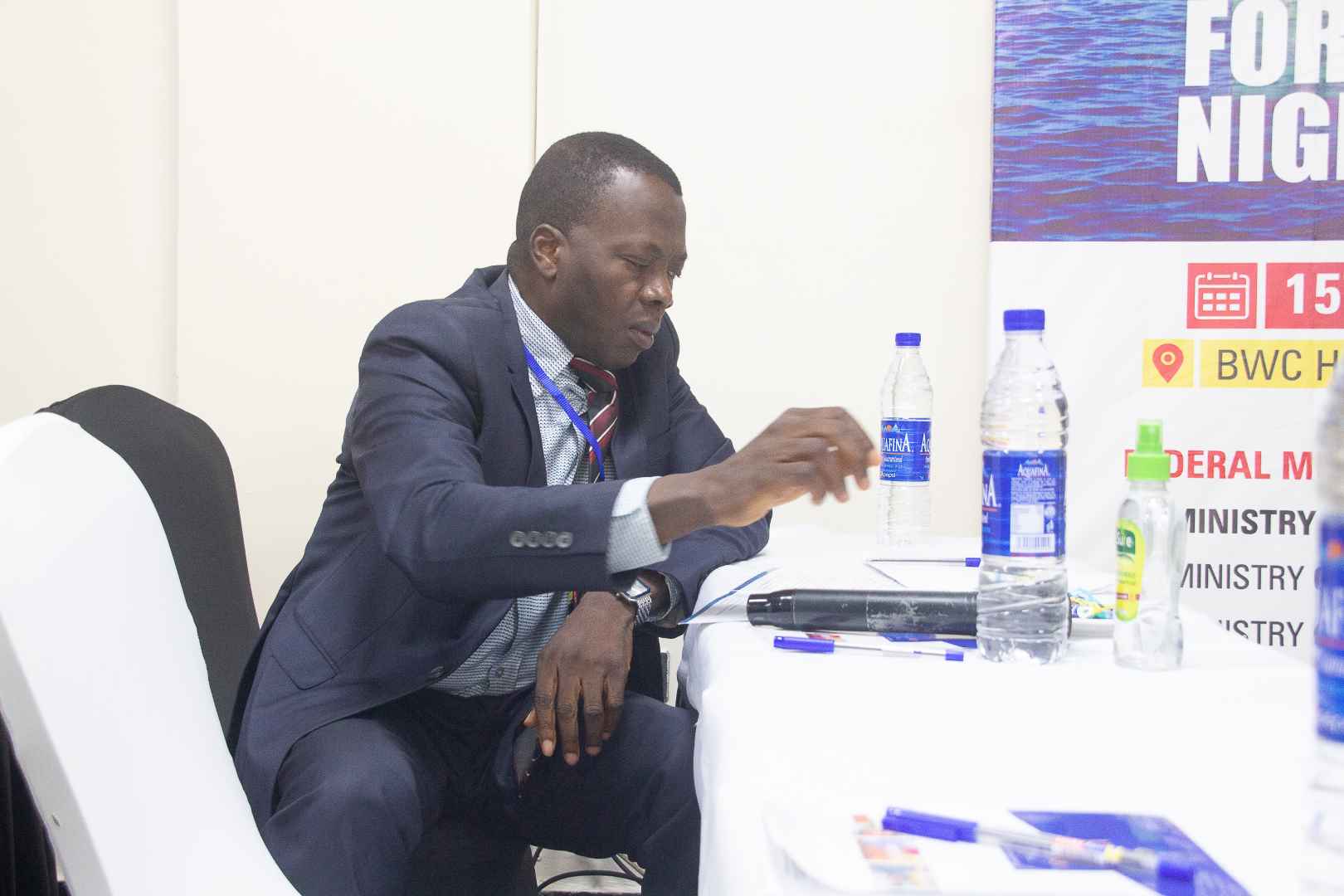Give us a Call: +2347051423739
Nigerian Blue Economy
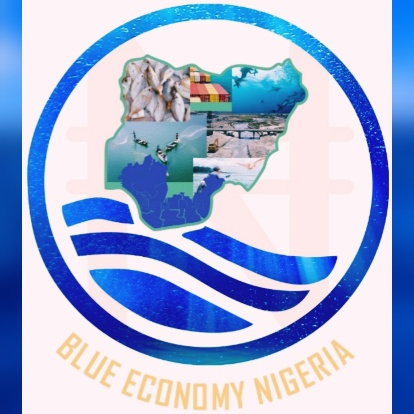
THE NIGERIAN BLUE ECONOMY
Why it’s very important and how we are helping the process.
A sustainable Nigerian Blue Economy is different. Different from all of the other policy advocacies we have done in recent past. While it is universally agreed the Blue Economy is about a more sustainable use of the ocean resources for economic growth and improvement of the livelihoods of those in the riverine areas, this interpretation would not be necessarily applicable to a country like Norway and most of the European countries.
The uniqueness of a Nigerian Blue is the rare opportunity it offers for correction of historic failures, mismanagement from the beginning to build an economic foundation – more than thirty years ago a World Bank report ascertained Nigeria needed an investment of 10 billion dollars annually into its basic infrastructure development to become a progressive emerging economy by the 2000 (24 years ago). That advice was never adhered to and the chasm since has exponentially grown to something akin to a black hole. This amongst others has made attainment of sustainable development in Nigeria extra difficult and a herculean undertaken.
This inadequacy is obvious to see in all facet of the Nigerian economy – transport infrastructure deficit makes the cost of doing business by both SME and large industries a constant source of frustration. The phenomenon called JAPA used to be called ANDREW MUST GO is symptomatic of aspirations that are not met and hope that are dashed. Extreme low productivity and inadequate public infrastructure has combined to institute an economy that cannot meet its basic obligations with a constant rampaging inflation. This has gone on for almost the entire history of the country and must stop.
A sustainable Nigerian Blue Economy offers us at this most challenging time a precious tool to tackle most of these critical headline challenges – productivity, unemployment, coastal development, transportation infrastructural deficit and sustainable development.
The coast is the window to the world. It’s impossible to envisage sustainable economic development in Nigeria without the foundational development necessary at the Nigerian Atlantic Coast.
WHAT WE ARE OFFERING
- In the last four years we have made series of recommendations to the Federal Government and other related agencies;
- We have organized important public advocacy events across the country;
- As in earlier cases the report of the most recent event the Nigerian Blue Economy Discovery Conference has been presented to all the major Stakeholder in the country including the legislative arm of government that need to put in place the crucial legislation for a sustainable Nigerian Blue Economy;
- We are engaged in ongoing discussions with the National Assembly on the legislative imperative of a Nigerian Blue Economy;
- We are in continuing, constant engagement with the newly created Ministry of Marine and Blue Economy on what we consider the best approach to a sustainable Nigerian Blue Economy;
- The littoral states that are pivotal to the process are mostly uninformed about the Blue Economy Concept. We are trying to change this through direct individual workshops in these states;
- Governments need to reappraise their understanding of the developmental concept for sustainability going forward – development must be sustainable for it to be meaningful and beneficial.
trade finally laid bare the abject inadequacy of the current monocentric Nigerian economy to support the basic needs of ordinary people.
Nigeria’s 850 km plus Atlantic coastline to a significant degree remains a wilderness waiting to be tamed and harnessed for all its bountiful natural resources for the benefit of the people;
At the moment there is a total neglect of the Socio-Economic importance of the multiple water basins and inland waterways to the country’s sustainable development; In the recent past, particularly in the international news media, a lot has been reported about the level of criminality in the Gulf of Guinea due to the limited government security presence in the open ocean space thereby incubating banditry. A blue Economy initiative presents an opportunity to bring that ecosystem under control.
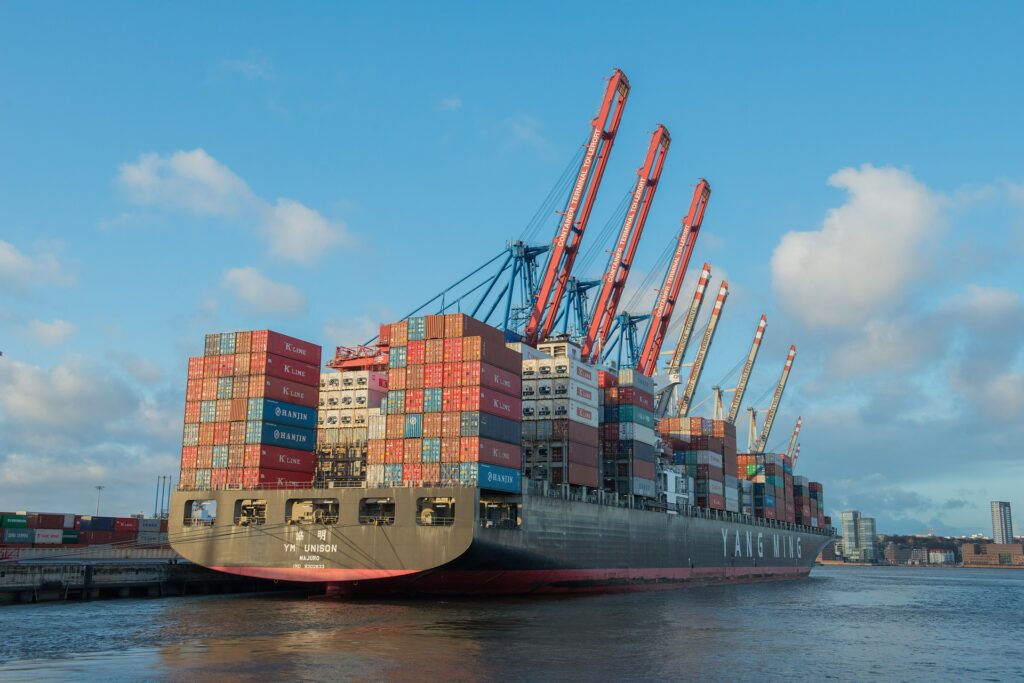
Primary Objective of the Stakeholders’ Conference
Create a platform to bring all stakeholders together for the objective of agreeing on the framework for creating a sustainable Nigerian Blue Economy;
The Blue Economy in recent times, has been professed by experts as an important missing component of the Nigerian economy in the search for an assured antidote to a struggling economy. However, COVID-19 and the total collapse of the energy trade finally laid bare the abject inadequacy of the current monocentric Nigerian economy to support the basic needs of ordinary people.
Nigeria’s 850 km plus Atlantic coastline to a significant degree remains a wilderness waiting to be tamed and harnessed for all its bountiful natural resources for the benefit of the people;
At the moment there is a total neglect of the Socio-Economic importance of the multiple water basins and inland waterways to the country’s sustainable development; In the recent past, particularly in the international news media, a lot has been reported about the level of criminality in the Gulf of Guinea due to the limited government security presence in the open ocean space thereby incubating banditry. A blue Economy initiative presents an opportunity to bring that ecosystem under control.
